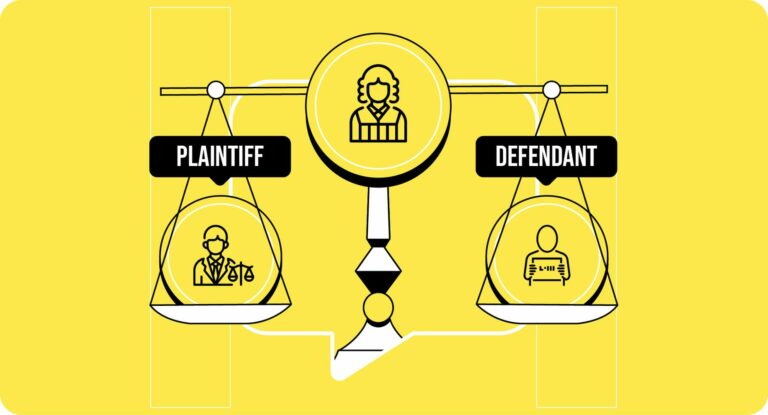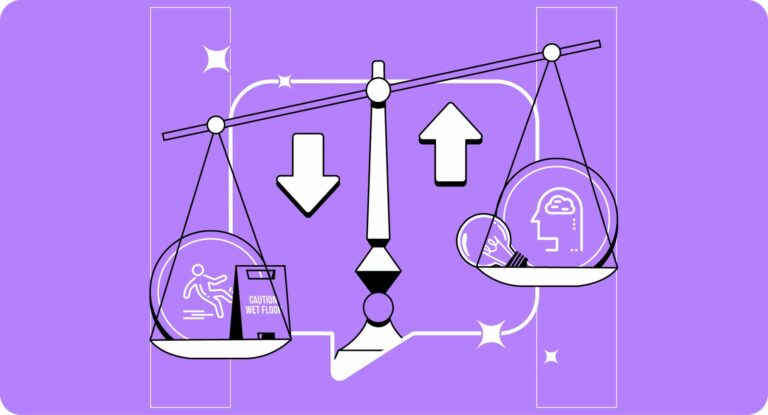Post-Traumatic Stress Disorder, or PTSD, is a significant mental health challenge stemming from traumatic events, be it combat, accidents, or personal assaults. Those affected often grapple with distressing symptoms, from nightmares and anxiety to depression. These symptoms can lead to extensive medical treatments and even impact an individual’s ability to work.
Consequently, understanding compensation becomes crucial. Financial relief not only aids in managing treatment costs but also addresses the potential loss of income. As we explore PTSD compensation, it’s vital to emphasize the significance of adequate compensation in supporting those impacted.
What is PTSD?
Post-Traumatic Stress Disorder, abbreviated as PTSD, is a mental health condition triggered by either witnessing or experiencing terrifying events. These events leave an indelible mark on the psyche, often leading to vivid and distressing memories that refuse to fade away with time. Some individuals might find themselves re-experiencing the trauma through nightmares or even flashbacks during the day.
There are various causes of PTSD. While combat exposure is a well-known cause, especially among military personnel, there are other triggers. These can include:
- Serious accidents such as car crashes or natural disasters.
- Personal assaults like robbery, mugging, or physical attacks.
- Severe health emergencies or unexpected severe injuries.
- Witnessing a death or violent incidents.
The effects of PTSD aren’t just limited to flashbacks or nightmares. It can also manifest as intense distress when reminded of the traumatic event, aversion to places or situations reminiscent of the trauma, feelings of detachment, irritability, and heightened reactions.
Understanding PTSD is essential not just for the well-being of the affected individual but also for those around them. Recognizing the symptoms and seeking early intervention can play a pivotal role in the recovery journey.
Why Compensation Matters for PTSD Victims?
The implications of PTSD extend far beyond the emotional and psychological disturbances it brings. The ripple effects touch various aspects of an individual’s life, often culminating in tangible economic repercussions.
PTSD, by its very nature, is exhausting. The constant state of heightened alertness, recurring disturbing memories, and emotional numbness can drain individuals, affecting their overall well-being. Over time, these symptoms can lead to further complications like depression, anxiety disorders, and even substance abuse.
People with PTSD also frequently need medical and therapeutic interventions. These treatments, while essential, come with a cost. Regular therapy sessions, medications, and occasional hospital stays can quickly add up, becoming a significant financial burden. In addition, the debilitating nature of PTSD can make consistent employment a challenge. The inability to focus, recurrent flashbacks, or the need for frequent medical appointments can lead to decreased productivity or even job loss. This not only affects current earnings but can have long-term consequences on career progression and retirement savings.
Finally, PTSD can strain personal relationships. The emotional withdrawal, irritability, and other behavioral changes can put pressure on familial ties, friendships, and romantic partnerships. While this may not have a direct monetary cost, the value of lost relationships and support systems is immeasurable.
Given these extensive implications, compensation becomes a beacon of hope for many. It provides a means to cover medical expenses, offset lost wages, and offers a semblance of justice for the trauma endured.
Factors Determining the Average Payout for PTSD
The compensation an individual receives for PTSD can vary significantly based on a myriad of factors. Understanding these factors can provide clarity on how compensation amounts are determined and why there might be disparities in payouts. Here are some key determinants:
- Severity and Longevity of Symptoms: Not all PTSD cases are the same. The intensity of symptoms and the duration for which they persist play a critical role. Chronic PTSD, with long-lasting and severe symptoms, often results in higher compensation than short-term or less severe cases.
- Impact on Daily Life: How PTSD affects an individual’s day-to-day functioning is crucial. If someone is unable to perform daily tasks, participate in social activities, or is significantly limited in life enjoyment, the compensation may be higher.
- Medical and Therapy Expenses: The direct costs associated with treating PTSD, such as doctor visits, medications, and therapy sessions, significantly influence the compensation amount. Receipts and medical records help substantiate these costs.
- Lost Earnings: If PTSD has led to a reduction in work hours, job loss, or hindered career progression, the lost wages or potential earnings become a significant factor in determining the payout.
- Quality of Legal Representation: Having a knowledgeable legal representative, such as those from Crockett Law Group, can make a substantial difference.
- Geographical Location: Jurisdictions can vary in their approach to PTSD compensation. For instance, payouts in Tennessee may differ from those in other states due to state-specific laws, precedents, and local economic factors.
As victims and their families seek justice and financial support, understanding these determinants can aid in setting realistic expectations and ensuring they receive fair compensation.
How Do Insurance Companies Calculate PTSD Compensation?:
When diving into the intricacies of how insurance companies calculate compensation for PTSD victims, it’s essential to understand the multifaceted approach they adopt. Central to any PTSD claim is the evaluation of medical evidence. Insurance companies meticulously sift through medical records, therapy notes, and prescriptions to gauge the condition’s authenticity and severity.
Beyond the direct medical evidence, the tangible economic costs linked to PTSD, such as medical bills, therapy expenses, and lost wages, are assessed. These economic damages require thorough documentation, which serves as a backbone for determining the claim’s validity.
However, PTSD’s impact isn’t only economic. The intangible effects like pain, suffering, and a diminished quality of life are also considered. Quantifying these non-economic damages can be challenging, but insurance companies often employ formulas, historical data, and past precedents to arrive at an appropriate figure.
Another influencing factor is the duration of PTSD symptoms. Cases where PTSD has a lasting impact might be assigned a higher compensation value compared to more transient instances. And while every claim is unique, previous court decisions surrounding similar PTSD cases can inform and influence the compensation amount.
Negotiations further shape the final compensation. Often, the ultimate figure is born out of discussions between the claimant or their legal representative and the insurance company. However, it’s crucial to note that insurance payouts are bound by policy limits, ensuring the compensation doesn’t exceed the set maximum for a particular policy.
Given this complexity, seeking insights from professionals can be invaluable in navigating PTSD claims effectively.
For those seeking guidance or representation in their PTSD claims, turning to seasoned professionals can make all the difference. The team at Crockett Law Group is well-versed in these matters, ensuring that victims receive the compensation they rightfully deserve. Reach out to them today at (800) 900-9393 for dedicated legal support.











